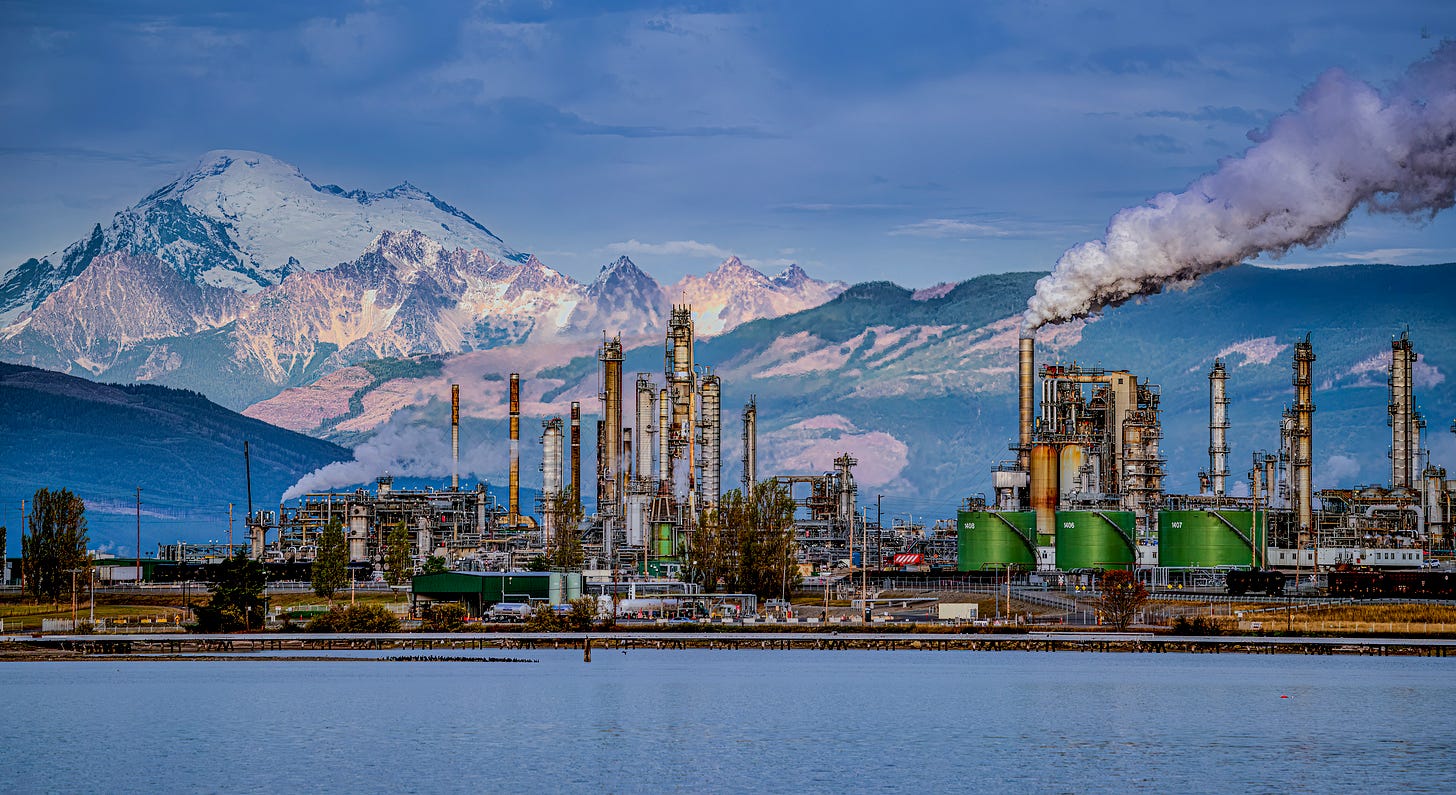X Longpost: On weaponizing oil and gas
False assumptions, break-even points and a lack of creativity in the foreign policy establishment.
Crossposted from X, after seeing these on my timeline:
and the link to the interview
There are a number is really goofy assumptions in here. 1. Break-even costs aren't the be-all-end-all. 2. The Albertan budget requires a $72 barrel to break even, despite lower costs for some of the wells themselves (https://cbc.ca/news/canada/calgary/bakx-wti-wcs-alberta-budget-oil-1.7087855…). 3. Russian budget assumes a $70 barrel, not 80-90. 4. Only a portion of US drilling projects have a breakeven at 40, and that's mainly extant wells, with new ones being much higher. 5. Mexico's breakeven cost is about $70-75/bbl This US/Canada/Mexico energy superpower talk is fantasy, it would require substantial subsidies to prevent much of it being forced out of the market.
The US is already at record production enabled in no small part by OPEC+ cutting production to stabilize prices. Driving prices down to sub-40 isn't sustainable as at, let's say 30/bbl, only about 25% of US, RU, and CA wells are profitable, 35%-ish for Mexico. Kazakhstan and Qatar come out winners in the non-OPEC camp, but no one else is at or above 50% of their wells being profitable, as mentioned above, there are other factors than pure breakeven point.
Conversely, all of OPEC remains largely in the black (though only about 30% of Venezuela's wells' breakeven point is below 30/bbl.
So while the US is currently gaining market share, and OPEC+ trading market share for price stability, this reverses when the prices get low enough, and only OPEC can produce profitably. $50/bbl is perhaps the most optimal price point, yes, Russia has about 60% of its sites break even well below the price, but it forces it to consider levying tax hikes to compensate for lost revenues, (assuming the Ruble doesn't retain most of its domestic purchasing power, that is) but it also keeps non-OPEC competitive with OPEC, at least on paper (see, again, the Alberta example).
. This underlines an alarming trend among the policy elite boomers, an abject lack of creativity in defaulting to "we'll do the same as we did in the Cold War regardless of changing circumstances". Yes, this hurts Russia, but Russia isn't a rentier state. While the taxes on the profits from the energy sector feed about 50% of the federal budget, this is done in exchange for a ludicrously low fixed tax rate on everything else. In a pinch, they can increase taxes to compensate. It also hurts the oil industry in the US and allied states (Canada, Mexico, mainly)






